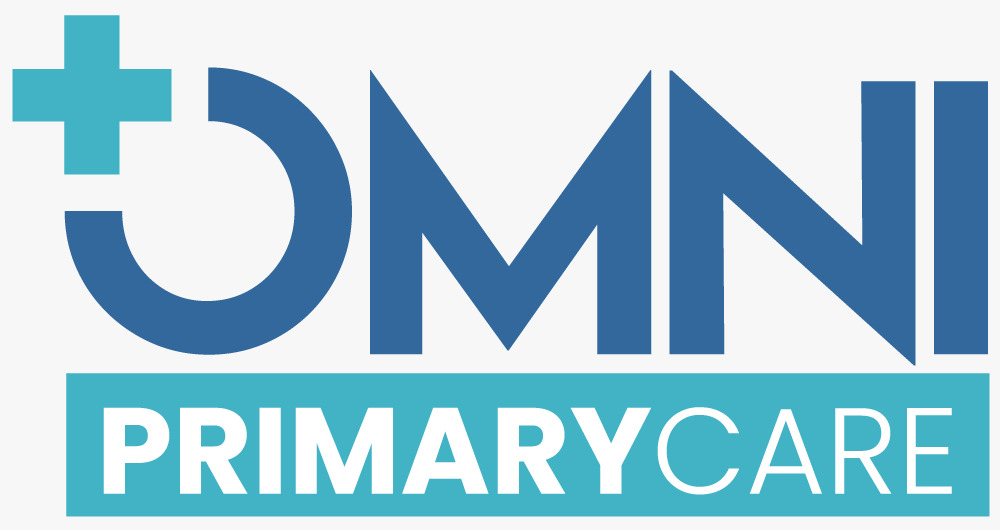



An electrocardiogram records the electrical signals in your heart. It's a common test used to detect heart problems and monitor the heart's status in many situations. Electrocardiograms also called ECGs or EKGs are often done in a doctor's office, a clinic or a hospital room. And they've become standard equipment in operating rooms and ambulances.
An ECG is a noninvasive, painless test with quick results. During an ECG, sensors (electrodes) that can detect the electrical activity of your heart are attached to your chest and sometimes your limbs. These sensors are usually left on for just a few minutes.
Your doctor may discuss your results with you the same day as your electrocardiogram or at your next appointment.
An ECG gives two major kinds of information. First, by measuring time intervals on the ECG, a doctor can determine how long the electrical wave takes to pass through the heart. Finding out how long a wave takes to travel from one part of the heart to the next shows if the electrical activity is normal or slow, fast or irregular. Second, by measuring the amount of electrical activity passing through the heart muscle, a cardiologist may be able to find out if parts of the heart are too large or are overworked.